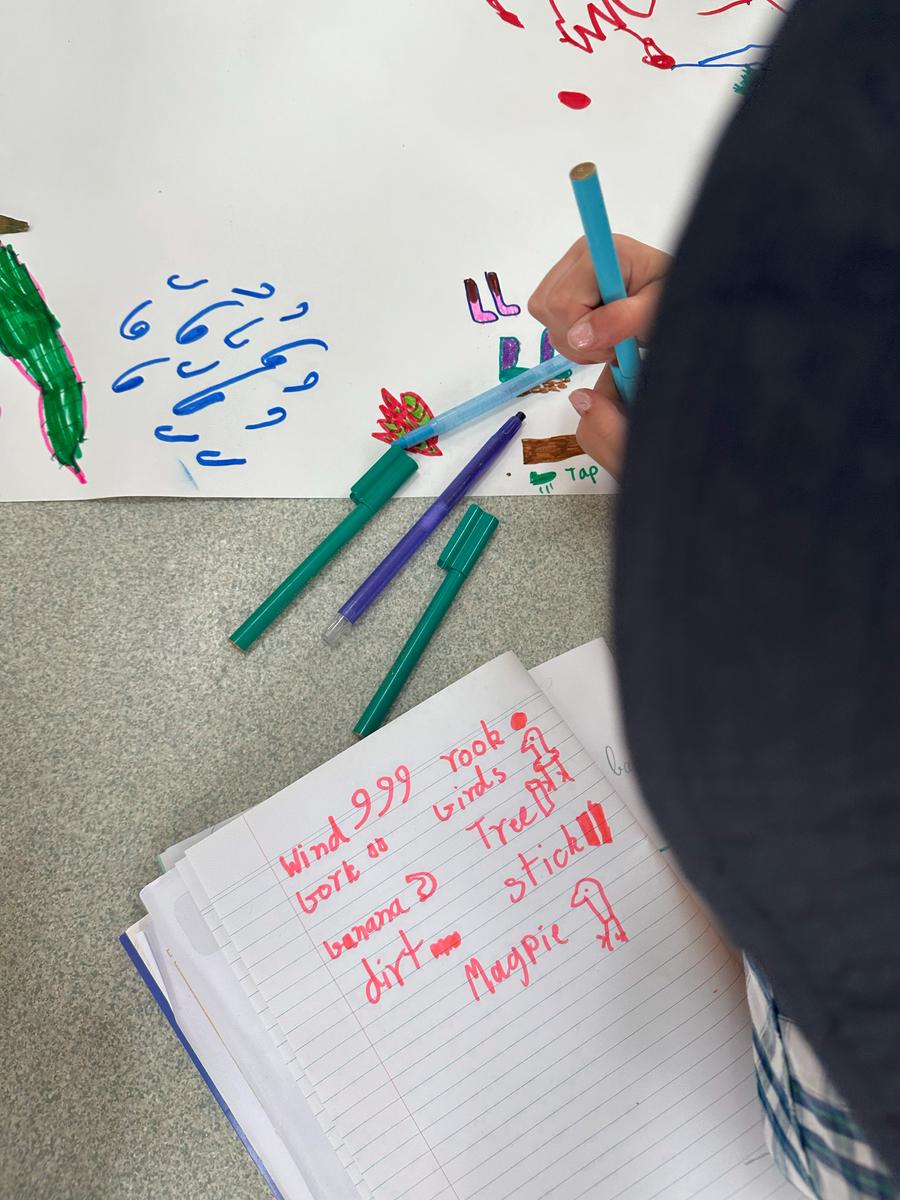Classroom Connections
Specialists.
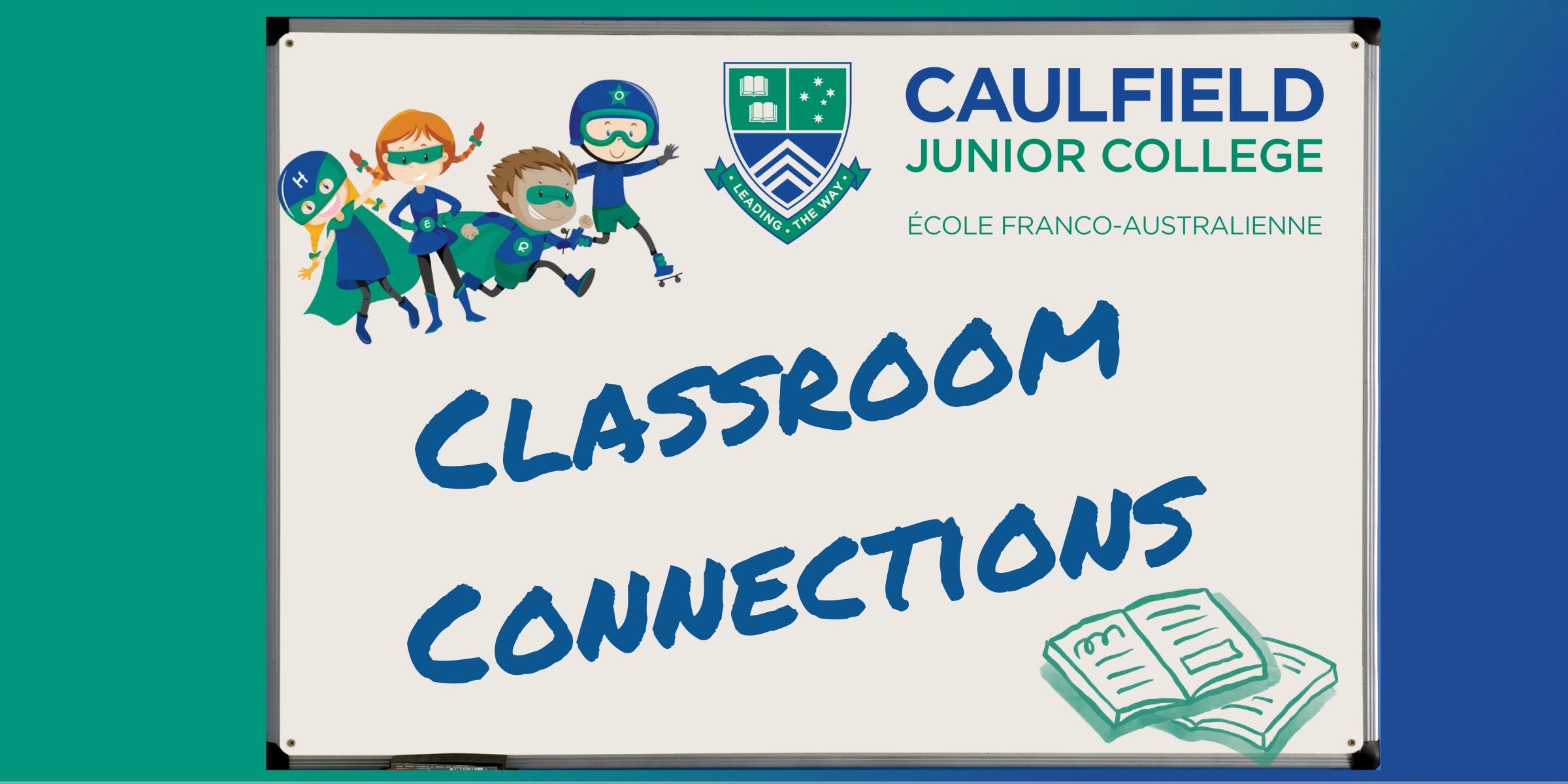
Classroom Connections
Specialists.
Moonraker Trip.
Last week, CJC’s Environment Leaders - Elliot and Delilah - took up a wonderful opportunity to participate in a snorkelling trip aboard the Moonraker at Sorrento. Elliot’s dad and Delilah’s mum joined them for the trip. This was the first workshop of 2024 for the ‘I Sea, I Care’ project, which is part of the Victorian Marine Ambassador Program. The trip was extremely enjoyable and very educational.

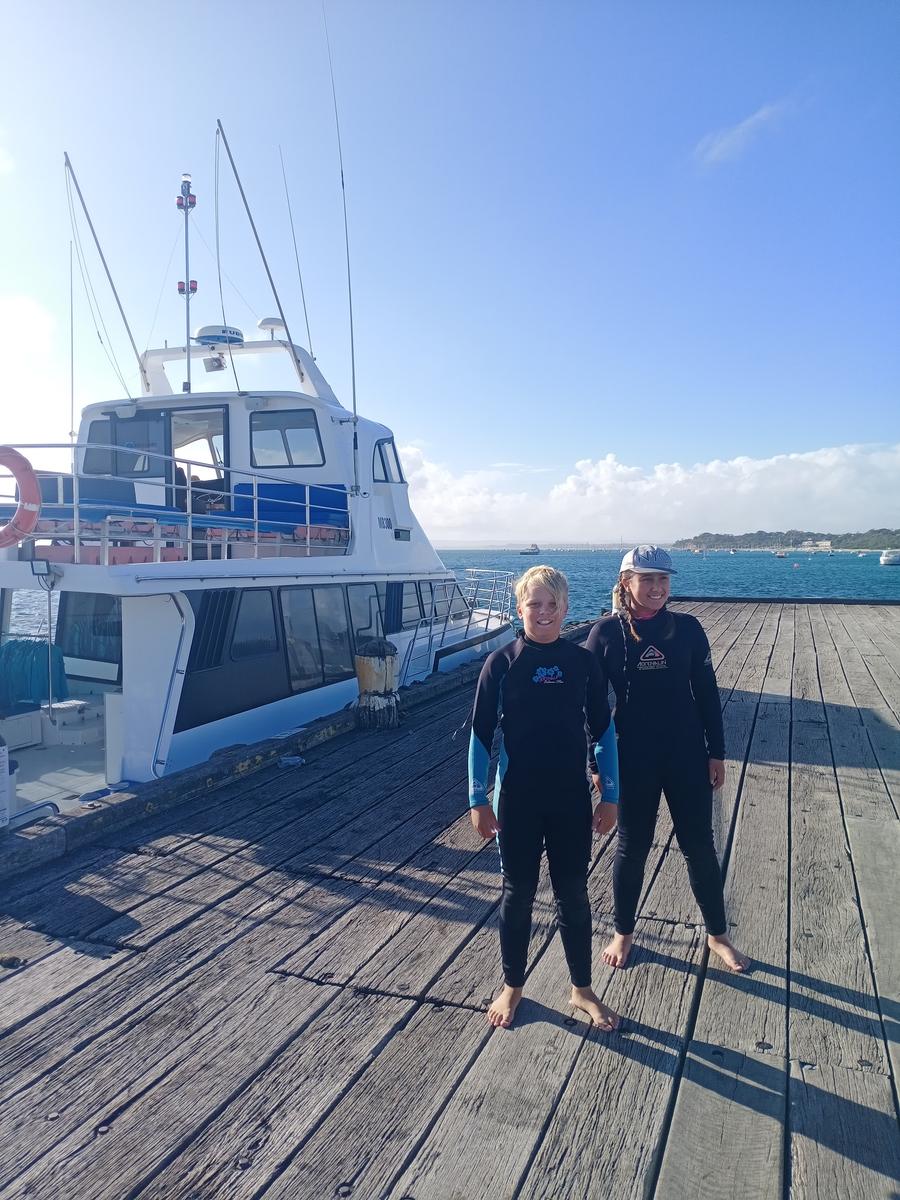






Environment Leaders - Interview
What is your name?
Elliot
Why did you want to be an Environment Leader?
Every day when I come to school, I see rubbish in the yard and I want to make our school a better place.
Last week you participated in the Victorian Marine Ambassador Program Moonraker trip…
Where was it?
It was at Sorrento.
What exactly did you do on the trip?
We went snorkelling with dolphins and seals. We also learnt a lot about the marine wildlife, and how the animals live and adapt to their environment.
Environment Leaders - Interview
What is your name?
Delilah
Why did you want to be an Environment Leader?
I wanted to have more responsibility.
Last week you participated in the Victorian Marine Ambassador Program Moonraker trip…
Where was it?
In the Mornington Peninsula
What exactly did you do on the trip?
We got ready in our swimming gear, then we jumped in the water and saw some sleeping seals.
Science News.
Term 1 Science News
This term has flown by at the speed of light! Here is a little of what we have been learning.
PREP
Students have explored what plants, animals and people need to not only survive, but to be happy and healthy. They have discovered that there are some needs in common, and others that are specific to a particular group of living things. They have drawn pictures and had a go at writing some words about what we need to thrive.










YEAR 1/2
Students have developed their observational skills by studying how objects, landscapes and the sky can change. They have identified changes caused by human activity and those caused by nature. They had a lot of fun playing ‘Spot the Difference’ with a very old photo of CJC and a more recent photo of the school.




YEAR 3/4
This term has extended student understanding about the relationship between the Earth, Sun and Moon. Students have learnt that the Earth and Moon both rotate on their own axes whilst orbiting the Sun and Earth respectively. They have learnt about the phases of the Moon, and explored how shadows are created and can change. They have become more curious about auroras and eclipses. Science fact: There is a penumbral lunar eclipse on March 25th, and a solar eclipse on April 8th. Unfortunately we won’t be able to see either eclipse here in Melbourne, but there will be live streaming via the NASA website: https://science.nasa.gov/eclipses/future-eclipses/eclipse-2024/live/
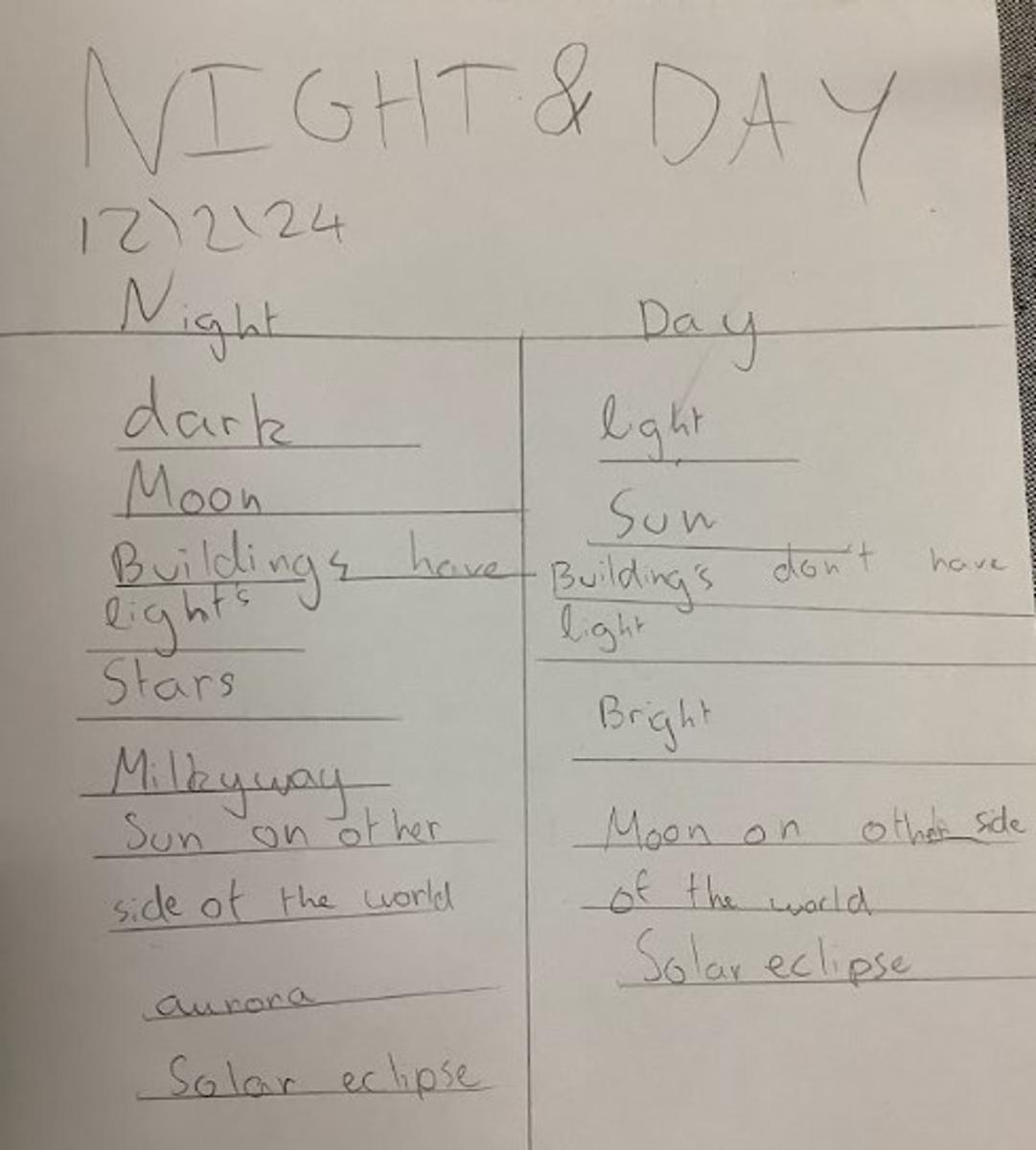

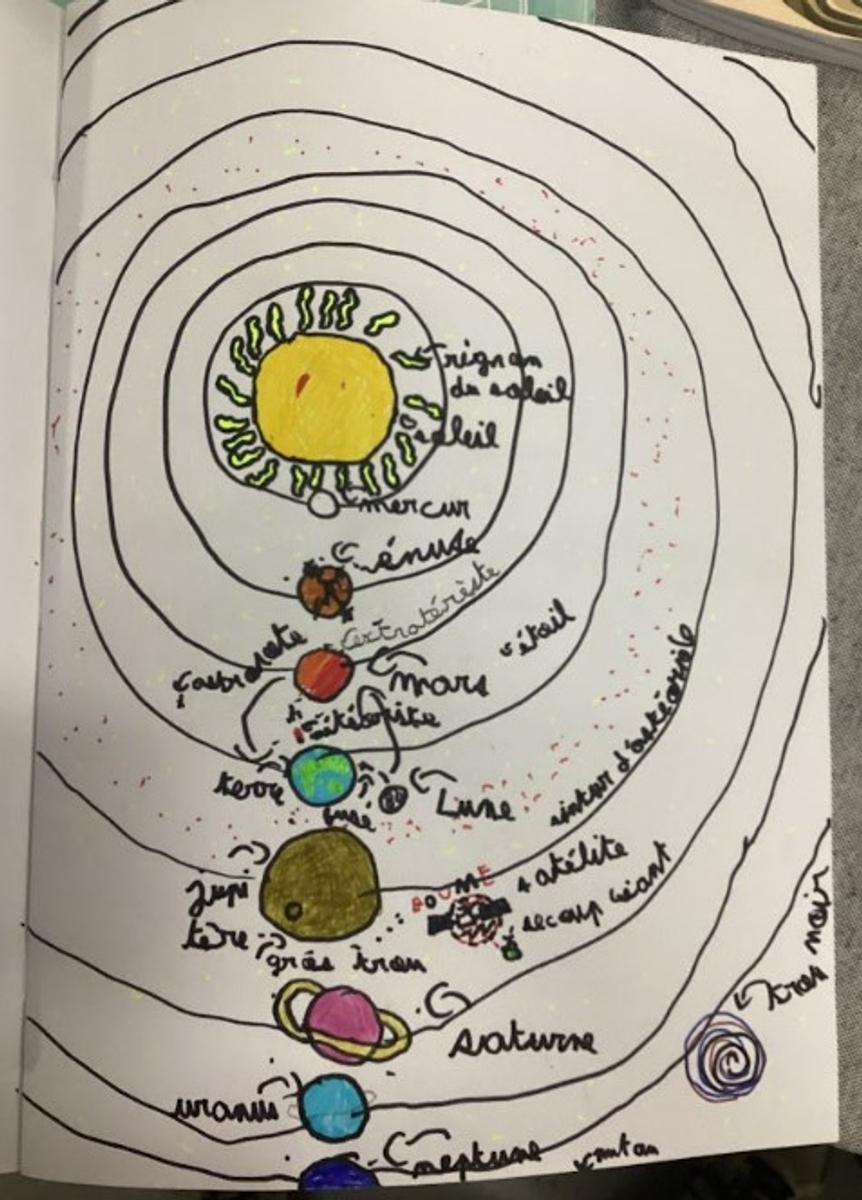









YEAR 5/6
This term’s focus has been on identifying the location of volcanoes, frequency of volcanic activity and how volcanoes impact societies. Students have started working in science teams to conduct research and to determine reliable sources that contain accurate information. They have been especially curious about the eruption of Mt Vesuvius in 79AD/BCE and clusters of volcanoes in specific regions of the world.
Term 1 - Digi Tech
In Prep – Grade 2 this term, students have learnt about the importance of caring for their device and how to use them respectfully and responsibly.

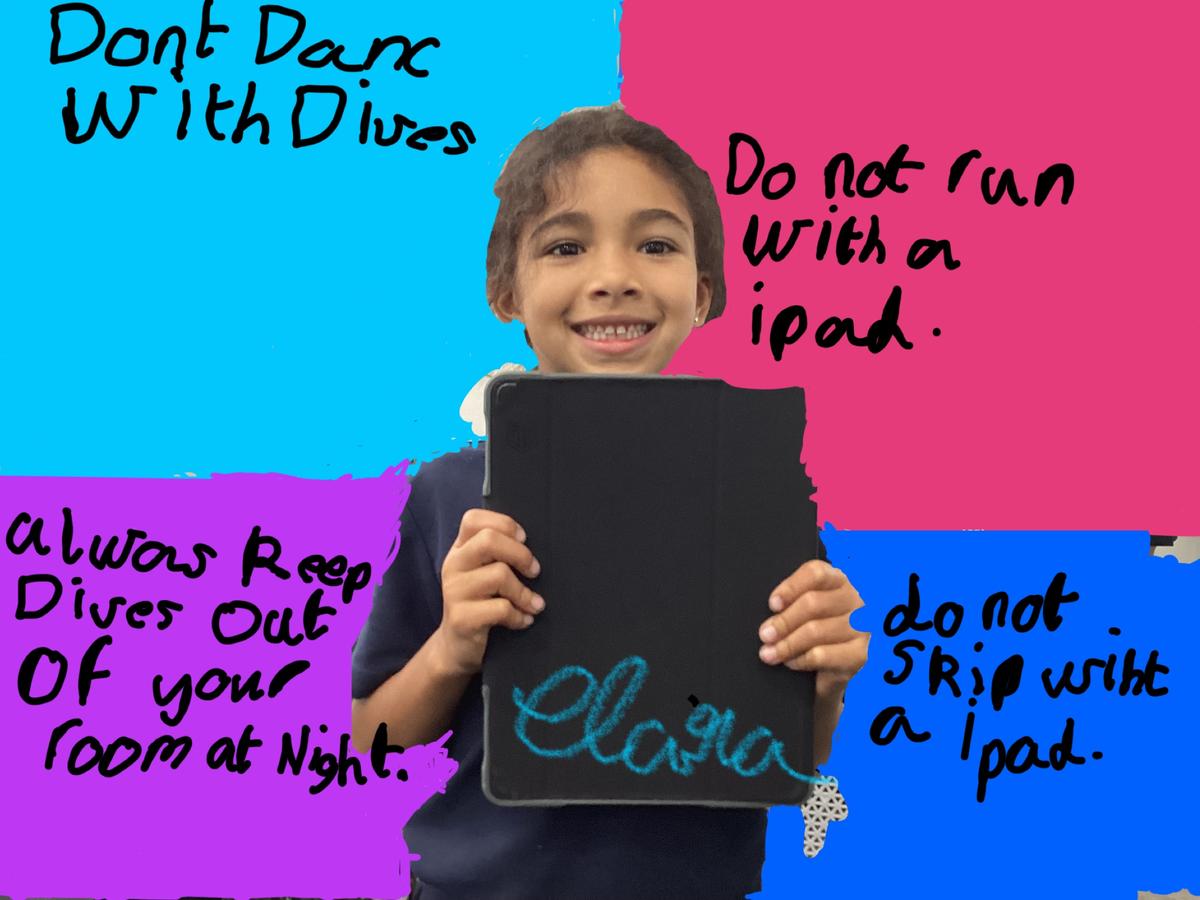













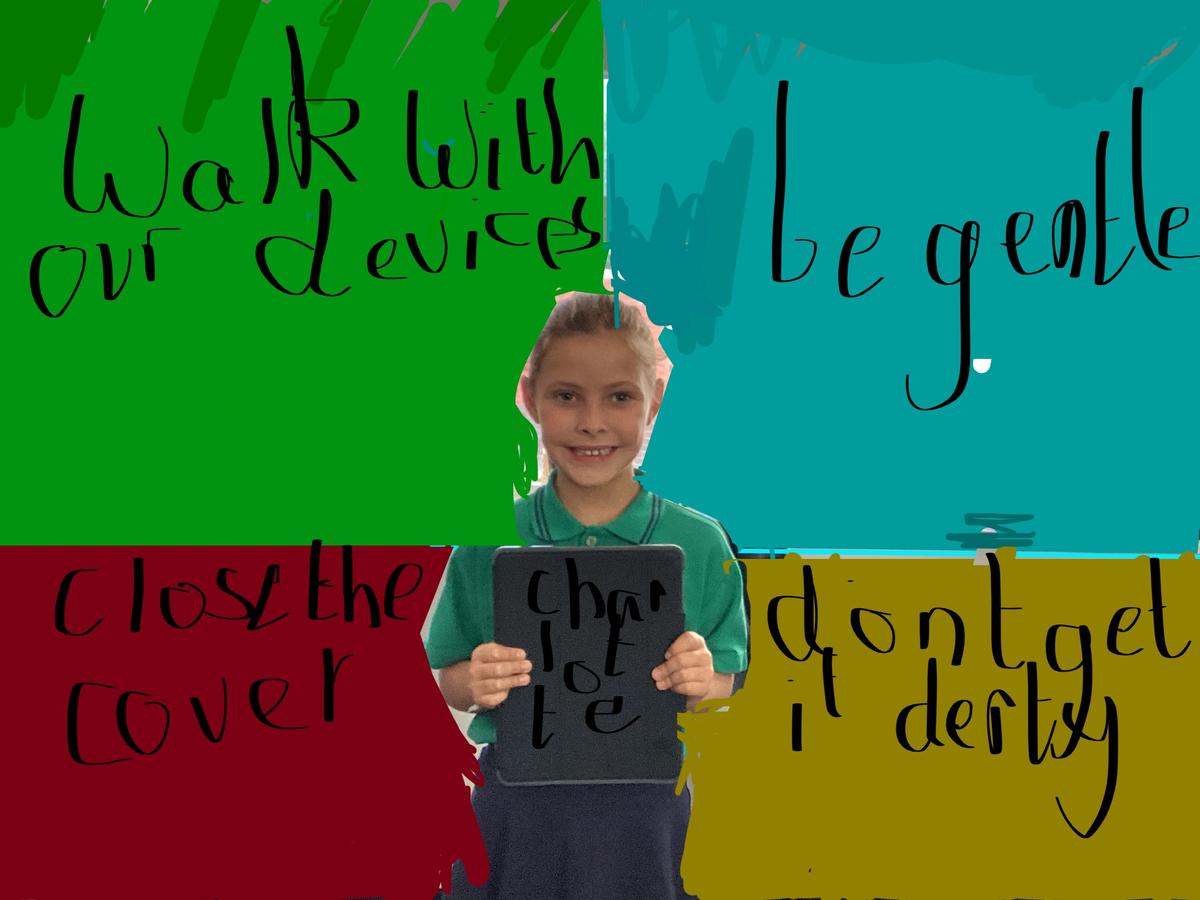
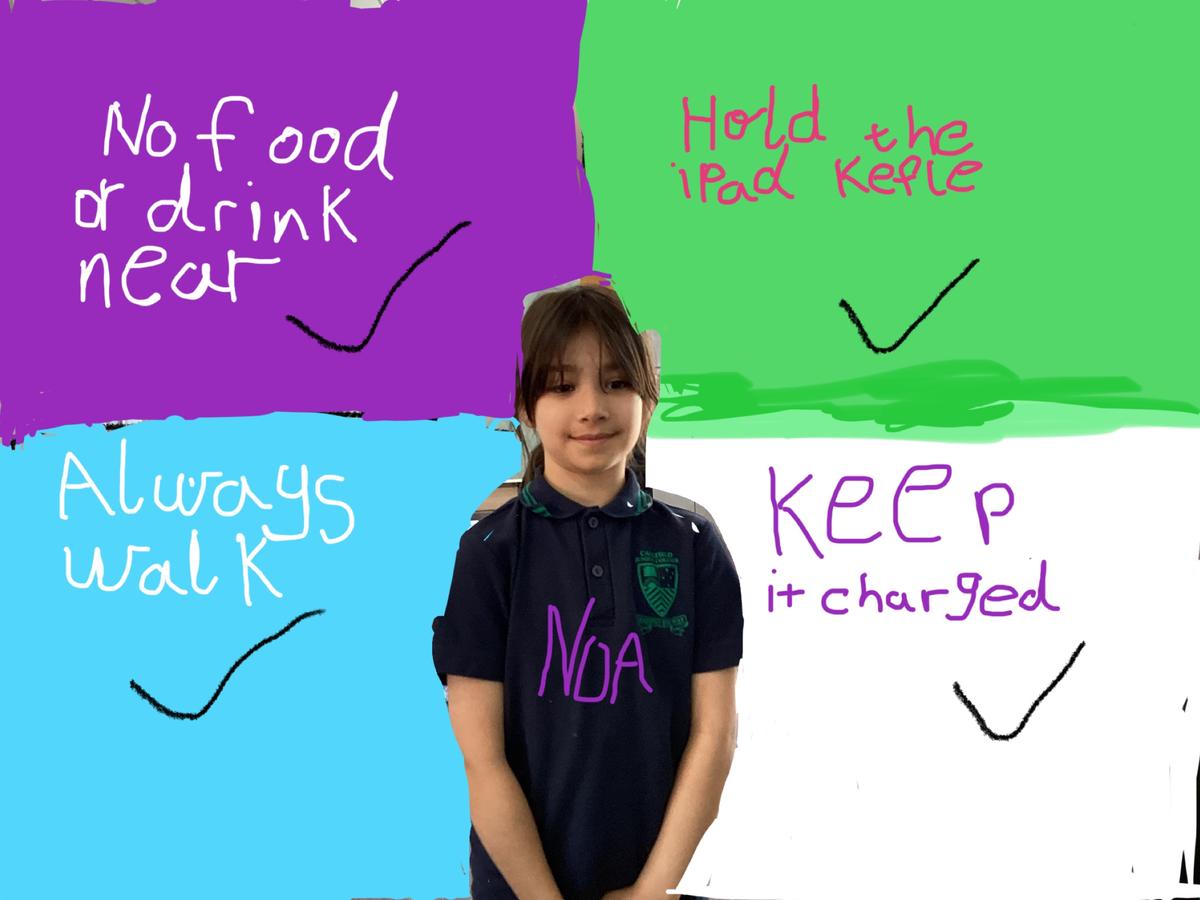











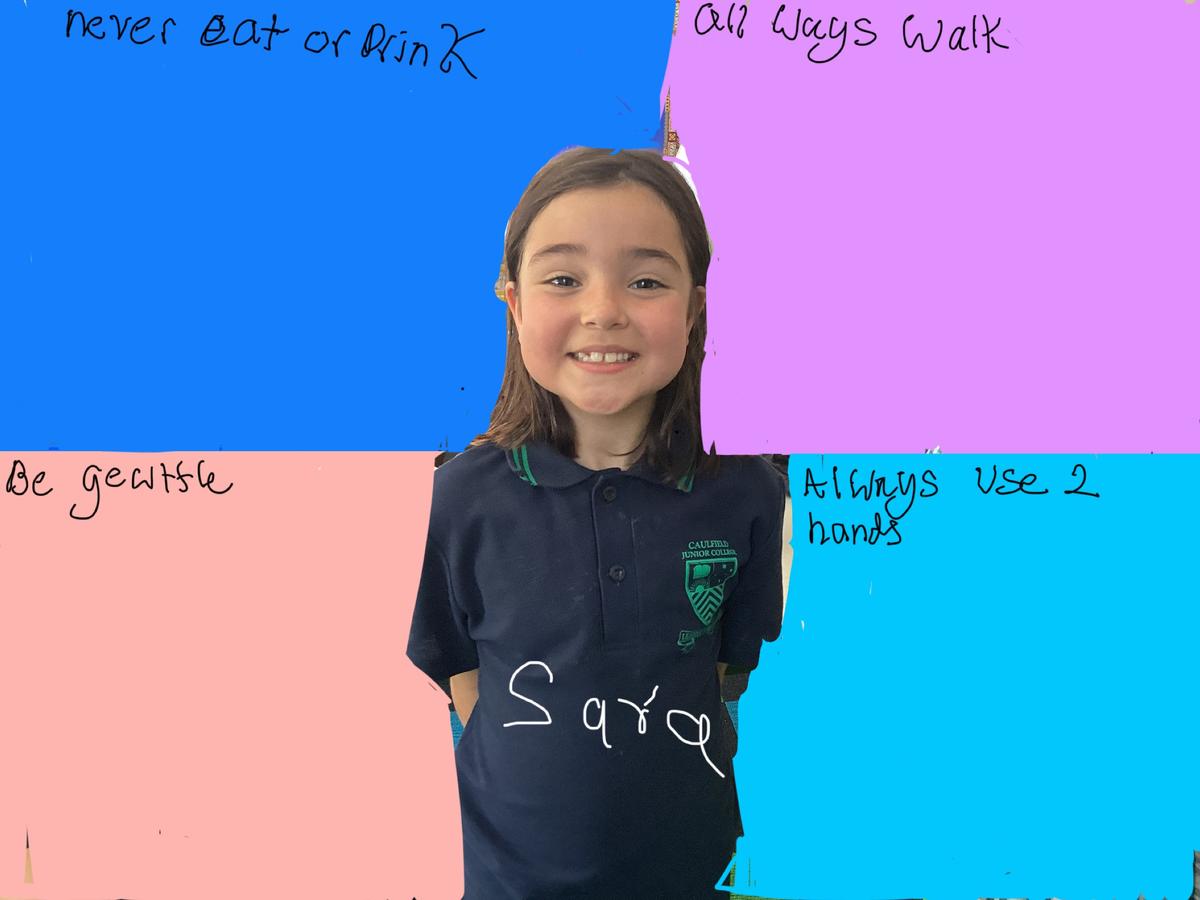
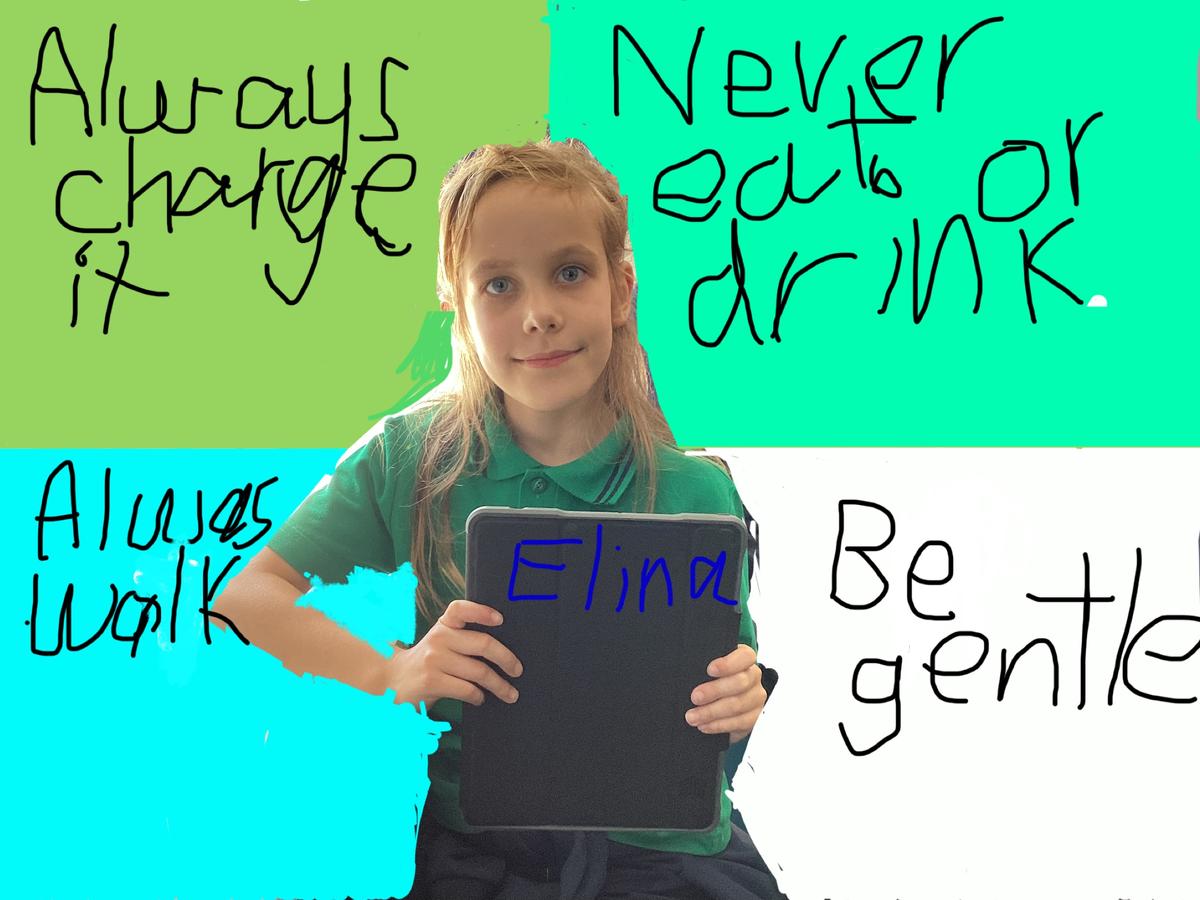


















PERFORMING ARTS
Through immersive exploration, our 1/2 students have gained insight into the profound connections between music, identity, and community within Aboriginal and Torres Strait Islanders cultures in a unit called “Connecting music to Country.”
In the early stages of the unit, students gathered outside and connected with their immediate environment using their senses. They discussed how Aboriginal Australians have cared for the land for thousands of years and how their identity is tied to the land. We studied the lyrics of “We Honour The Land” and sang it with gratitude.


BENEFITS OF OUTDOOR EDUCATION
• Increased joy and happiness for both students and staff
• Reduced stress and anxiety
• Improved memory, focus and problem-solving abilities
• Improved behaviour and cooperation skills
• Improved physical health, coordination and eyesight
In the following stages, students identified elements of nature that can make music, such as the wind blowing in the trees, people stepping on crunchy leaves, birds singing, or rocks being used as percussion instruments. They recorded their finding using iPads. Immediately after, students were invited to visually represent their sounds on a collaborative drawing.






Finally, students worked together to recreate their “natural symphonies” using music instruments. They explored the quality of each instrument to find the correct ones that would match their sounds and performed their piece with their partners.

